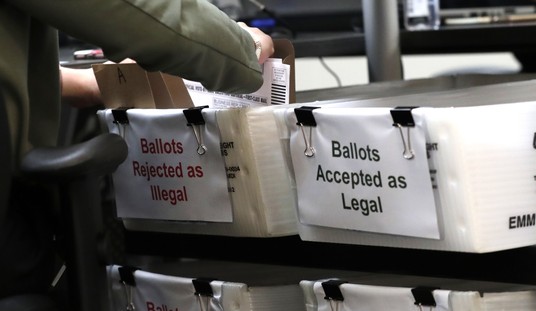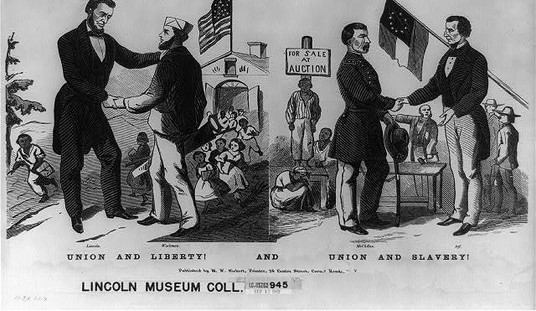Mads Mikkelsen has enjoyed a stellar career in film, appearing as an actor in such films as “King Arthur,” “Casino Royale,” and most recently, the Indiana Jones film “Dial of Destiny.”
Mikkelsen’s latest project is “The Promised Land,” set in 1750 Denmark. In the film, Mikkelsen plays Ludvig von Khalen, a soldier who “arrives in 1755 on the barren Jutland heath with a single goal: to follow the king’s call to cultivate the land and thereby achieve wealth and honor himself,” according to its IMDb synopsis.
Needless to say, there aren’t many Spanish speakers, Asians, or Native Americans in the film. In 1750, Denmark was populated by white, Nordic Europeans. Except that in the film, there is a single black woman who is a victim of racism. This fact apparently went over the head of one unnamed Danish reporter.
“Hello, I am from Denmark and it’s a pleasure to be here,” the reporter began. “So you’re a little bit into it, this is a cast and Danish production, which is entirely Nordic. It therefore has some lack of diversity, you would say. There’s also new rules implied in Hollywood—”
“What are you onto?” Mikkelsen interjected immediately, shaking his head in disbelief.
“Sorry,” the reporter said before Mikkelsen told him to repeat his question from the start.
“There is said some rules of diversity across the Atlantic for competing in the best picture, the equivalent to this competition. As I see, you don’t live up to these standards with this broadcast and there is just a curiosity, it’s not because of artistic reasons [but] because of lack of diversity that this can’t compete in that competition. Are you worried about that?”
“Are you?” Mikkelsen shot back. “You’re putting us on the spot, so you answer the question.”
The reporter was inelegantly asking about the new diversity rules that will take effect in 2024. To be eligible for Best Picture, a film must meet two of four new diversity standards.
The first, Standard A, which has come under fire from conservatives, can be met in one of three ways: 1) Either one lead or significant supporting character is from an underrepresented racial or ethnic group; 2) at least 30% of the acting ensemble is from at least two underrepresented groups (women, the LGBTQ community, disabled or deaf people, or people from an underrepresented racial or ethnic group); and 3) the storyline centers on an underrepresented group.
Standard B: Films must meet one of three criteria: At least two creative leaders or department heads (including casting directors, cinematographers, composers and more) must be from an underrepresented group, at least six crew or technical positions must be from an underrepresented group, or at least 30% of the crew must be from an underrepresented group.
Standard C: The film’s production, distribution or financing companies offer paid internship or apprenticeships and training opportunities for people from underrepresented groups.
Standard D: The film studio must have multiple senior executives from underrepresented groups on its marketing, publicity or distribution teams.
Obviously, “The Promised Land” isn’t going to be nominated, no matter how good it is.
The film takes place in 1750. Admittedly, entertainment reporters aren’t the brightest bulbs in the room, but this guy is from Denmark. Doesn’t he know the history of his own country?
The scary answer is that he does, but he thinks that historical accuracy should be sacrificed on the altar of diversity. No wonder artists involved in films hate the new standards.










Join the conversation as a VIP Member